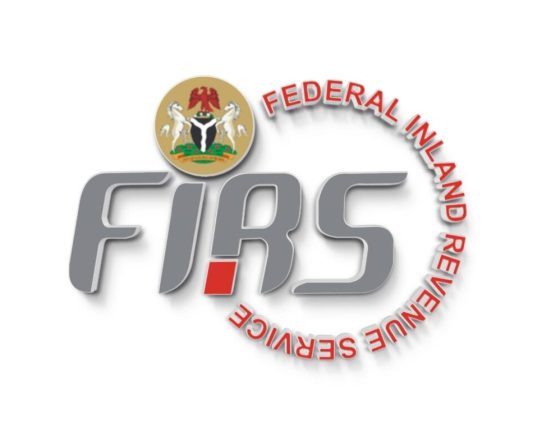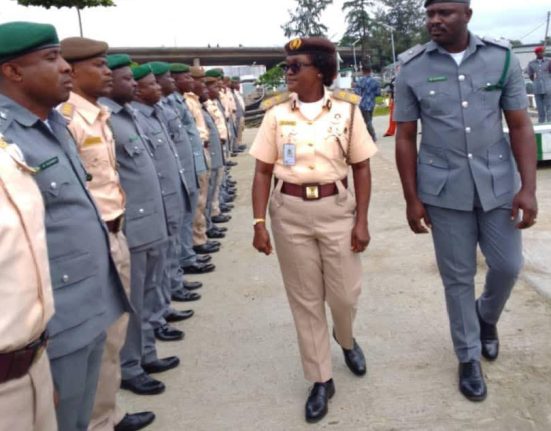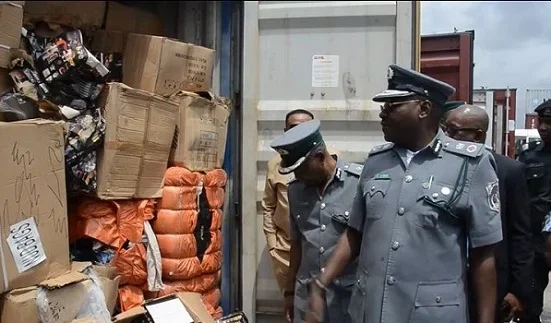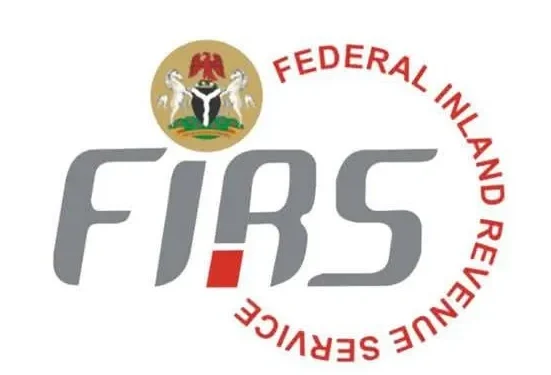In a strategic move poised to reshape Nigeria’s trade landscape, the Federal Inland Revenue Service (FIRS) and the Nigeria Customs Service (NCS) have intensified joint efforts to deliver the long-awaited National Single Window (NSW) platform ahead of its targeted 2026 completion. The initiative, which has been in development for several years, is seen as a crucial digital gateway that will simplify trade processes, enhance revenue collection, and reduce bureaucratic red tape across Nigeria’s import and export value chain.
The collaboration between FIRS and Customs reflects a renewed commitment by the federal government to integrate border control and fiscal management systems into a single, harmonized digital interface. Once fully operational, the National Single Window is expected to drastically reduce the time and cost of doing business at Nigeria’s ports and borders by enabling all relevant stakeholders—ranging from shipping companies and clearing agents to government regulatory agencies—to access and exchange information through one centralised portal.
According to insiders familiar with the progress, the FIRS is bringing its expertise in taxation technology and digital infrastructure, while the NCS is leveraging its deep operational footprint at entry points across the country. The fusion of both institutions’ strengths is aimed at driving real-time data sharing, improving transparency, and minimising revenue leakages in a system historically plagued by paperwork delays and multiple manual clearances.
The NSW project also aligns with Nigeria’s broader commitments under the African Continental Free Trade Area (AfCFTA), which encourages member states to improve cross-border trade efficiency and adopt smart customs and revenue technologies. With Nigeria being one of the largest economies in Africa, the successful implementation of the NSW will not only enhance national competitiveness but also improve regional integration and economic growth prospects.
Top officials from both FIRS and Customs confirmed that technical teams have been meeting regularly to synchronise data standards, review legal frameworks, and ensure that the digital infrastructure meets international best practices. They further noted that pilot testing will soon be rolled out at selected entry points before a full nationwide implementation is launched.
Speaking during a joint stakeholders’ briefing monitored by KIIN360, a senior FIRS representative noted that the project is being executed with precision to ensure that it does not just meet the 2026 timeline but delivers a legacy of efficiency, transparency, and sustainable revenue generation. In his words, “This is not just a project about systems. It’s about changing how we do business in Nigeria—making trade faster, cleaner, and smarter.”
For the Nigeria Customs Service, the move represents a long-overdue shift from analogue systems to an integrated digital framework that reflects the realities of modern-day trade. Customs officials also emphasised that the NSW will improve cargo clearance times, boost compliance rates, and reduce the burden on both importers and frontline officers.
As the countdown to 2026 continues, stakeholders in the maritime, logistics, and business sectors are watching closely, hopeful that this collaboration between two of Nigeria’s key revenue-generating institutions will finally deliver the long-promised transformation of the country’s trade ecosystem.







